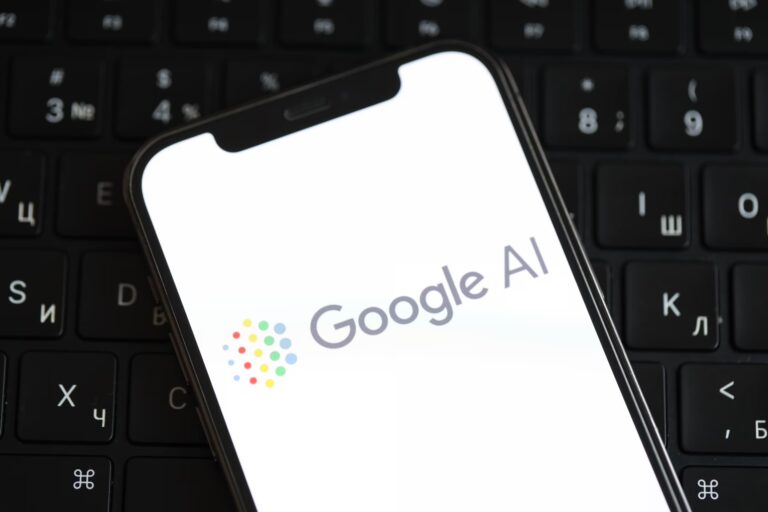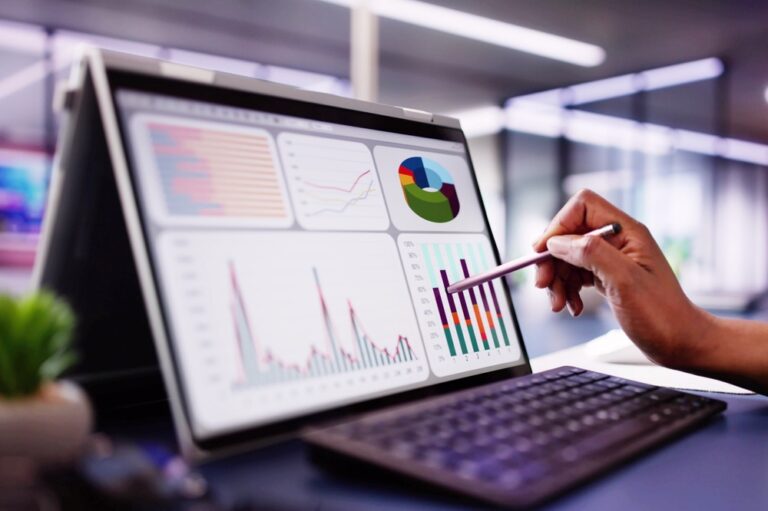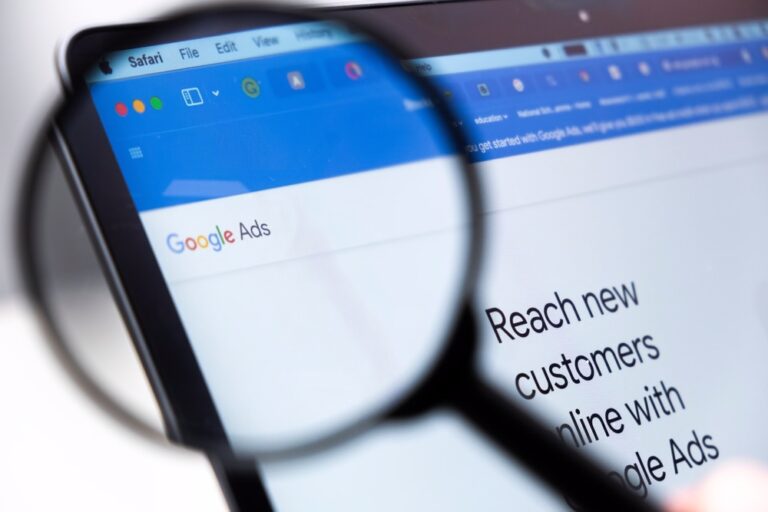Data is essential to informing your digital marketing strategy, but the data we can extract is evolving. “Big data” is a term that refers to huge data sets which can be analysed computationally in order to reveal trends and patterns which assess our human behaviour.
Big data is already revolutionising how businesses assess customer behaviour, and that’s set to continue into the future. But how big of an impact will big data have on digital marketing, and how will it affect our digital marketing strategies?

Amount of Data
The amount of data marketers now have access to has exploded over the past few years – especially as smartphones have taken off.
IBM has stated that 90% of the world’s data was created in the past 2 years, and this will only continue as we have more and more connected devices we use in our everyday lives.
Social Conversions
Gartner has said that there are currently 5.5 million “internet of things”, or IoT, devices that are connected every day. This includes televisions, fridges, thermostats, and everything in between.
All this data is stored and can be analysed by marketers to judge how best to appeal to potential customers.
Now that connected homes are becoming more popular, including interactive speaker devices such as the Amazon Echo and the Google Home with their own respective assistants, there are more ways to interact with customers.
Consumers will begin using many different devices on the way to making a purchase, or just browsing the web. This means the buying journey will change. Big data will have a big role to play in judging how best to find an audience, and where to appeal to them.
Specific Customer Details
We used to be able to figure out simple things, such as how often people will buy certain products. For instance, we could work out the average time it takes for someone to replace their car.
However, with all the data we now acquire, we can know specific touch points and moments that lead up to a purchase, or at least to making a decision towards making that purchase.
We can see which specific product features appeal to customers, where they spend their time online, and which deals or offers they consider to be valuable online.
Specific Marketing Messaging
Not only do marketers have access to more data about customers, your customers also now have much more choice on information they receive.
Customers can choose to receive information on specific products, categories of products, or emails based upon certain interests. For instance, a potential customer could register interest in a future line of products, and would like to be alerted when they are available. This means you spend less time marketing products to them they aren’t interested in.
Consumers are Always Connected
Not only do we now simply have more data on customers, these customers are connected at all times.
Customers can choose when to receive or read content, whenever and wherever they are. Big data can help to show us which device we should touch base on, and how users interact with online stores and brands depending on the device.
The fact people are now always connected presents a new challenge. Rather than knowing someone will glance over your email on getting home, or perhaps during lunch at work – they could be seeing this at any time of the day in any location.
This means marketers need to figure out how to best engage customers. Ensuring customers are free from distractions and willing to receive marketing messages is very useful.

Location Marketing
Being able to market to potential customers based on their location is a great use of big data. There are a number of brands using this to great advantage, but there are many more ways that haven’t even begun to be explored which could revolutionise the way mobile devices are used within digital marketing.
Of course, there’s a balance to be had with privacy, but customers who choose to share their location history provides a great deal of insight into customer behaviour.
Retail stores can market to people who are close-by, perhaps offering discount codes as someone passes the shop. Supermarkets have used beacons to help customers find specific items around the store itself. None of this is exactly mainstream yet, but once it takes off, big data will definitely help marketers analyse the timing of location-based offers or other techniques.
Considering that Uber has built an industry-disrupting business off the back of location data, there’s a lot of potential for businesses to utilise big data to make huge changes to other industries.
Once we see people with higher data contracts that allow them to share data more of the time, this will become an even more important feature of big data.
How Big Data Advances Ecommerce
As digital continues to take over from more traditional marketing, the way we collect and utilise this level of data will evolve.
Digital marketing can now make the most of big data, and provide personalised online experiences for consumers that helps them to make informed purchases online.
Therefore, marketers no longer need to rely on samples of data to judge what customers may or may not like, but can simply provide personalised online experiences for individual customers, based on data retrieved from past actions or provided information.
With the continued rise of mobile devices, the IoT, and demand of personalised experiences from consumers, this brings up many different variables. However, ultimately it provides a better end-to-end online experience for customers, and allows brands to deliver these experiences in a cost-effective manner.












